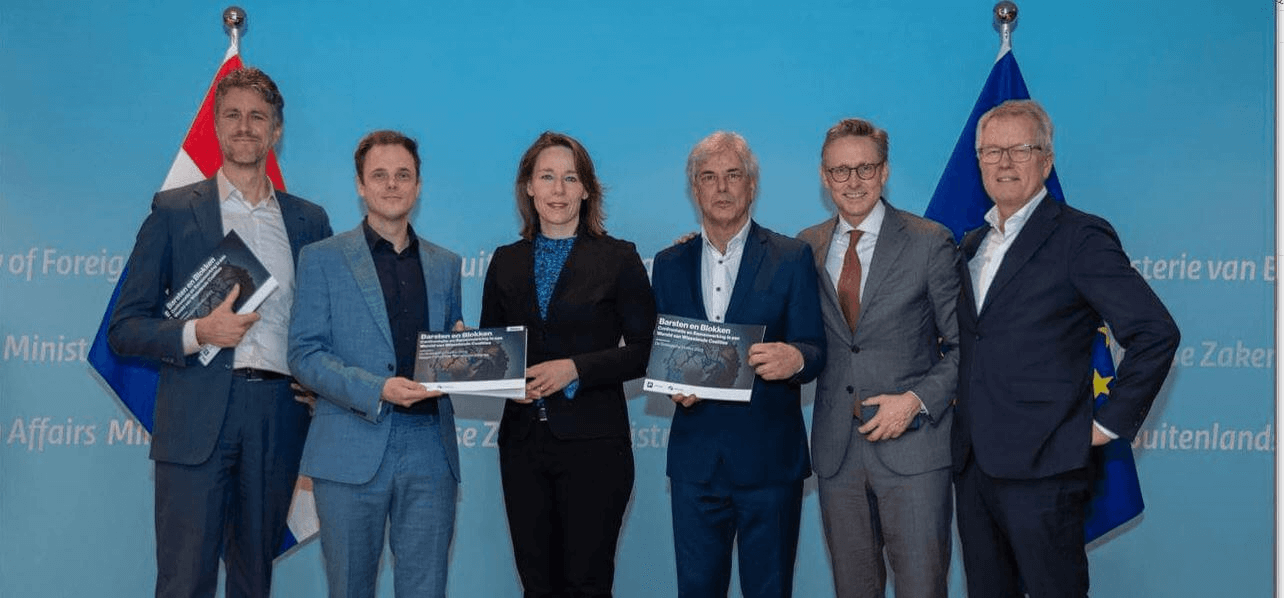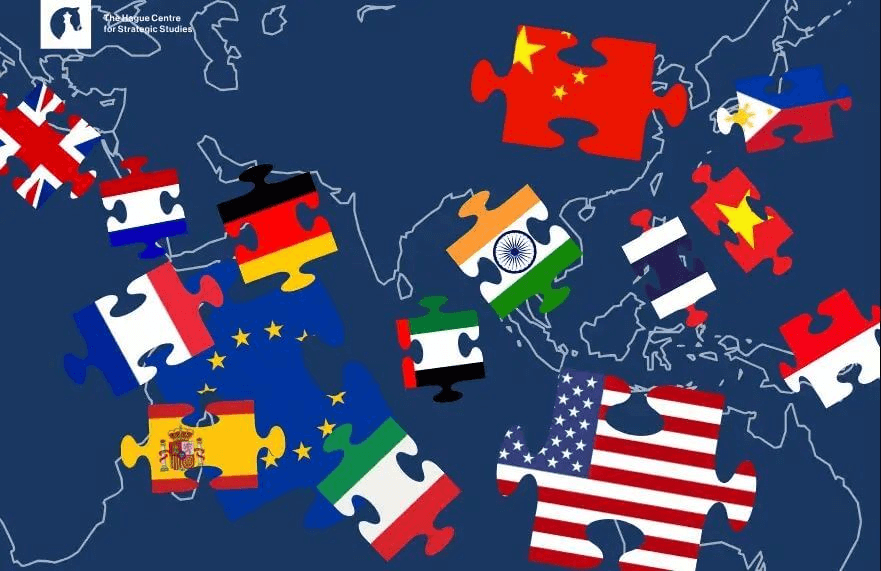Early Warning, Early Action
- Read more about Early Warning, Early Action
- Log in to post comments
An assessment of conflict potential in the Middle East in relation to Dutch national interests
Over the past three decades, interest in understanding, predicting and preventing violent conflict across different fragile and conflict-affected situations has soared. The focus on conflict prevention recognises not only the imperative of preventing the steep human costs associated with violent conflict and donor interests in stability in key regions across the world, but also rests on the idea that conflict prevention is cost-effective. Such insights were recognised in the framing remarks of the World Bank’s seminal Pathways for Peace report, stating that ‘over the medium to long term, donors would save between US$2 and US$7 for each US$1 invested in prevention-related activities’. Hence, several European donors have recognised conflict prevention as a key goal in their foreign policies. Notably, the government of the Netherlands prioritised conflict prevention as the first goal of its Integrated International Security Strategy (2018 – 2022) and subsequently upheld it in The Security Strategy for the Kingdom of the Netherlands (2023 – 2029).
Although the importance of conflict prevention is thus solidly entrenched in the international debate, its execution is not a straightforward matter. Conflict prevention requires an understanding of conflict dynamics, detection of early warning signals and trends, and the ability to initiate preventive action early across a variety of domains. In theory, well-funded and sufficiently flexible diplomatic, aid and defence systems should be able to address emerging challenges in a timely fashion, foregoing the need for any forward-looking tools and methods. In practice, deployment and budgeting procedures work in (multi-)annual cycles, coordination and multilateral advocacy take time, and the bureaucratic logic of ongoing programmes may resist the swift reaction required by a changing conflict context. As such, the evaluating and selection of early warning signals to be further explored through a strategic foresight process may be significant steps to more rapid and substantial policy responses should conflict emerge. To overcome these constraints a variety of actors have developed Early Warning systems to bolster their ability to look ahead. Examples include the EU (EEAS’s Conflict Early Warning System), Germany (PREVIEW Crisis Early Warning), and a range of academics and non-governmental organisations. In the Netherlands, the Ministries of Foreign Affairs and Defence have made significant investments in enhancing their ability to provide early warning signals in order to identify potential early actions (EWEA). Through the PROGRESS research programme these ministries have commissioned the Clingendael Institute to support their activities, in order to assess the risk of violent conflict and instability across a range of states. This report presents the results of Clingendael’s Delphi workshops designed to detect emerging conflict risks in the Middle East over a five-year period, which refines the Ministry of Foreign Affairs’ own quantitative early warning approach. Yet, for a number of countries the analysis presented here may be closer attuned to the present as a result of the intensity and speed of current events in the Middle East, particularly in and around Gaza, and the difficulty of assessing how these events might develop and be viewed in the longer term.
Authors:
Jos Meester – Senior Research Fellow at the Conflict Research Unit (CRU), Clingendael Institute
Erwin van Veen – Senior Research Fellow and Head of the Middle East Programme, Clingendael Institute
Moneera Yassien – Junior Research Fellow at the Conflict Research Unit (CRU), Clingendael Institute




